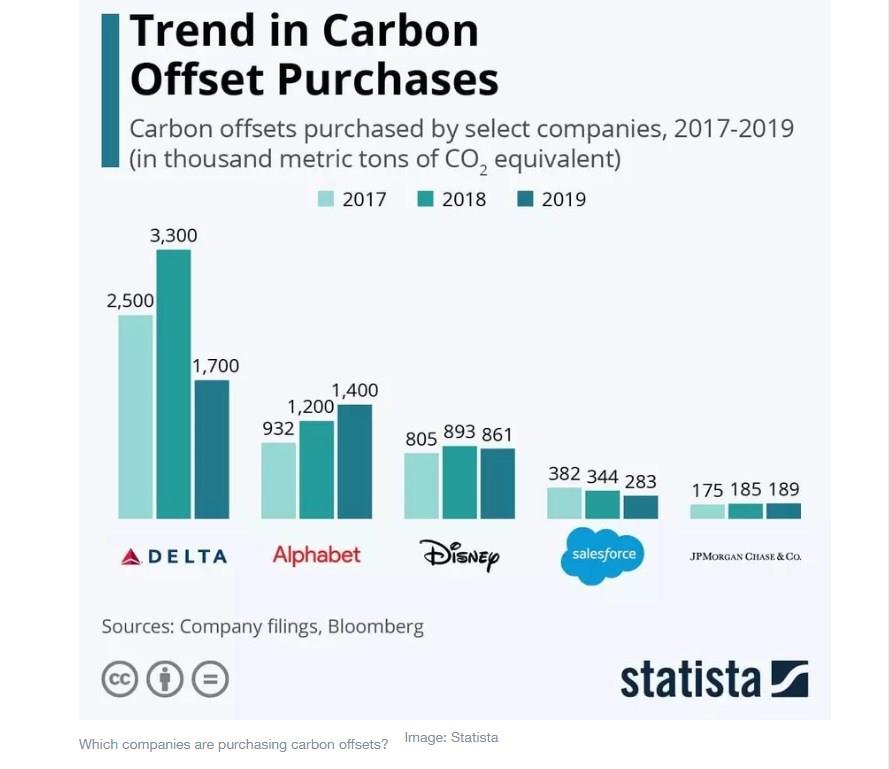by Cesar Ortiz-Sotelo*
As a French-Peruvian, I have been proud to see avocados, grapes, mangoes, asparagus and, more recently, blueberries from Peru flooding fruit and vegetable sections of supermarkets across Europe. The agro-industrial revolution taking place in Peru is impressive.
But there is another side to this success story. Growing these products requires an enormous amount of water, which in some places is available thanks to major infrastructure projects transferring water from the Amazon basin to the Pacific coastal areas and in others comes from rivers and underground water fed by the Andes’ glaciers. Owing to climate change, glacier retreat means that the water cycle is no longer working as before. Water is becoming scarce and its quality deteriorating because of increasing salinity levels. Peru may effectively be exporting water that will never come back creating a less than virtuous cycle because of climate change.
COVID-19 is proving to be a watershed event. It started in late 2019, a year when the 2050 carbon neutrality target was confirmed by several countries and when global awareness of the climate emergency grew, especially in the younger generation (a recent poll published in January 2021 confirms this trend). The pandemic has made it evident that an expedited and deep transformation of our way of life is possible. This includes our collective journey to net zero.
Decarbonization is not just a question for governments and businesses. While change can be achieved through economic signals, regulation and the proper functioning of markets, societal action is essential.
Getting people into climate action
Most people are dissatisfied with the current situation and want to act in favour of climate and environmental protection. According to a 2020 survey, 64% of Americans believe citizens should act to address global warming. Clearly, the bulk of the net zero effort involves massive investment in renewable energy, energy efficiency and the removal of fossil fuels in the transportation and industrial sectors.
Governments, institutions and corporations, supported by technology and finance, are already mobilized towards those goals. Unsurprisingly, citizens also want to get involved and 57% are prepared to change their consumption patterns. It is ultimately these people that will really make the difference. As the COVID-19 crisis has reinforced the need to reappraise people’s relationships with nature, it is becoming increasingly evident that each individual has to fight their own battle against climate change.
Every day, established and new companies provide B2B services to corporations in the areas of carbon footprint calculation, reduction and offsetting. Methodologies exist, the Greenhous Gas Protocol being the most widely accepted, and are deployed at large, enabling them to announce carbon reduction targets. Apps are also flooding the digital space providing B2C carbon compensation services for individuals. Local initiatives, such as the Philippines’ Climate Action Network are flourishing almost everywhere.

A third way: the challenge of "co-engagement"
Το hasten progress towards decarbonization, a third way could prove complementary to the B2B and B2C approaches mentioned above and result in larger benefits more quickly: a collaborative approach that results in effective engagement between companies and their stakeholders, notably its customers, suppliers and employees.
Digital and collaborative tools that will make the ecological transition a reality for each person can be developed to encourage this engagement. Companies big and small are aware that the sustainability of the business needs to be aligned with the sustainability efforts made all around them, such as the climate actions taken by best-in-class peer companies and announcements made by governments, international organizations and civil society. They are increasingly aware of their energy consumption and make energy efficiency efforts a priority, inevitably translating the result into a carbon footprint. In the near future, all of them will have carbon targets aimed at achieving net zero.
Let us consider the case of consumers. Just prior to payment for purchases, companies could give customers the opportunity to offset the carbon footprint related to their purchases, in a seamless, one-click transaction that becomes part of the ordinary purchasing experience. By accepting, those consumers become “eco-consumers”. The sums collected in this way are used to procure carbon credits from carbon retention projects.
Consumer expectations call for trust and transparency. Sustainable consumption implies sustainability in the act of purchasing goods and services. "Eco-consumers" would thus seek concrete results from their climate action, including:
-Net zero plans from their suppliers of goods and services;
-Measurable impact of carbon retention projects.
In this way the consumer is empowered to manage their own carbon footprint; they effectively become engaged in the fight against climate change alongside their suppliers of goods and services. They collectively pursue their net zero trajectories. This scheme can also be used to mobilize suppliers, distributors and employees.
Another form of co-engagement concerns employees. By ensuring that employees are aware and informed of their company’s net zero actions and objectives, a concrete way to obtain their motivation, alignment and involvement is to propose a symbolic but powerful means for them to participate in compensation of the company’s carbon footprint.
Today it’s climate; tomorrow, biodiversity and economic circularity
This "co-engagement" approach could provide the basis for the creation of a personal net zero account or “Climate ID” via an app by aggregating the compensations made by a given citizen in their consumption trail. Beyond carbon, ecologically engaged citizens could welcome similar indicators regarding biodiversity and economic circularity.
*CEO and Co-Founder, ZeroCC
**first published in: www.weforum.org




 By: N. Peter Kramer
By: N. Peter Kramer

